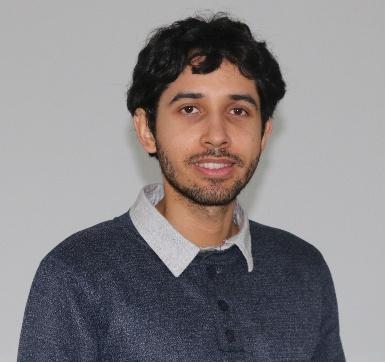Abstract
The deterministic optimization of mixed-integer nonlinear programs (MINLPs) is a challenging task. Existing global and local MINLP algorithms often struggle when dealing with large-scale applications that arise in process industries, such as design, control, scheduling, and their integration. Since no “one-size-fits-all” MINLP algorithm exists, further algorithmic developments are necessary to exploit special problem features encountered in chemical engineering. One such feature is the presence of ordered-discrete variables, introduced herein. These include both bounded integer variables and binary/Boolean variables that can be reformulated as integer variables through specific techniques. Examples of ordered-discrete variables include groups of binary variables used to define the starting time of a task in a discretized scheduling horizon, or groups of binary variables used to decide the number of stages in a distillation column.
In this talk, we explain how ordered-discrete variables can be decomposed from the original MINLP problem and explored using tailored algorithms, such as the Discrete-Steepest Descent Algorithm (D-SDA) or Logic-based Discrete Benders Decomposition (LD-BD). We also discuss how these local exploration algorithms can potentially avoid non-convexities and, in some cases, converge to the global optimum of a non-convex MINLP. Computational results highlighting the benefits of D-SDA and LD-BD in integrated decision-making problems (e.g., simultaneous scheduling and dynamic optimization) are presented, showing significant time advantages and improved convergence over commercial MINLP solvers.
Biography
David Alejandro Liñán Romero is a postdoctoral researcher in the Department of Mathematics at KTH Royal Institute of Technology, Sweden. His research interests lie at the intersection of algorithm and model development for Mixed-Integer Nonlinear Programming (MINLP), Generalized Disjunctive Programming (GDP), and data-driven optimization, with a focus on design, control, scheduling, and integrated decision-making applications. David A. Liñán has also been involved in industrial-academic collaborations with sustainability goals, such as designing a process for food waste reutilization in the baking industry and, more recently, developing simulation-based optimization tools to minimize the environmental impact of iron production. More information about Dr. David A. Liñán's research activities can be found at the following links:
Linkedin: https://ca.linkedin.com/in/david-alejandro-liñán-romero-7a9961135
Peer-reviewed articles: https://www.kth.se/profile/davilr/publications
